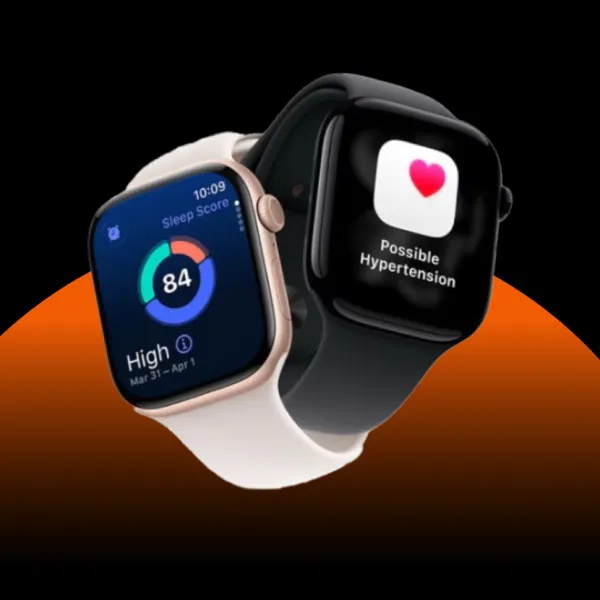World's Largest Virtual Hospital Offers AI-Driven Healthcare Services

The Seha Virtual Hospital serves as part of a broader digital health strategy, which gained momentum during the COVID-19 pandemic as the country sought to enhance its healthcare system.
In a landmark development for healthcare accessibility, Saudi Arabia has unveiled the Seha Virtual Hospital (SVH), now recognized as the world's largest virtual hospital.
This initiative leverages cutting-edge technologies, including AI and augmented reality (AR), to provide comprehensive medical services to patients across the Kingdom.
The Seha Virtual Hospital is part of a broader digital health strategy, which gained momentum during the COVID-19 pandemic as the country sought to enhance its healthcare system.
Saudi King Salman said, "The health of the individual comes first," setting the stage for free COVID-19 treatment and vaccinations across the Kingdom; the same ethos drives the Seha initiative, healthcare should be free, accessible, and powered by the latest tech.
Connecting over 224 hospitals nationwide, SVH has already catered to more than 255,765 patients, with an operational capacity to accommodate over 597,500 patients annually.
The SVH model is supported by the Sehhaty platform, a unified app that offers users access to crucial health information and a host of integrated healthcare services.
Since its launch, the Sehhaty app has facilitated over 1.6 million virtual consultations and 9.2 million appointments, while the Wasfaty app has managed over 40 million prescriptions, reaching around 14 million individuals, approximately 37% of the Saudi population.
The virtual hospital addresses significant healthcare challenges in urban and rural areas alike. For instance, patients in overcrowded cities like Riyadh and Jeddah can consult specialists without the burden of travel.
Additionally, SVH extends top-tier medical services to regions with limited healthcare infrastructure.
In October 2024, the Saudi MOH introduced the world's largest digital health twin technology, which integrates personal health data with AI to create virtual replicas of individuals' health.
This technology serves to predict potential health issues, using simulations to facilitate preventative care and enhance treatment efficacy.
Urban traffic congestion and the shortage of medical expertise in rural areas are just two of the numerous obstacles the SVH and related platforms aim to overcome.
By employing AI to identify at-risk patients and scheduling timely interventions, the initiative transforms traditional healthcare delivery into a proactive model.
Statistics highlight the success of the program, over 27 million screenings for Type 2 diabetes, 19 million for stroke risk, and nearly 13 million for conditions like hypertension and asthma have been conducted.
This proactive approach has led to 71% of the Saudi population being screened for diabetes, a commendable benchmark for global health standards.
With innovations like the Seha Virtual Hospital, Saudi Arabia is not only revolutionizing its healthcare model but also setting a global precedent for the integration of AI in managing public health.
Stay tuned for more such updates on Digital Health News.
Stay tuned for more such updates on Digital Health News





























